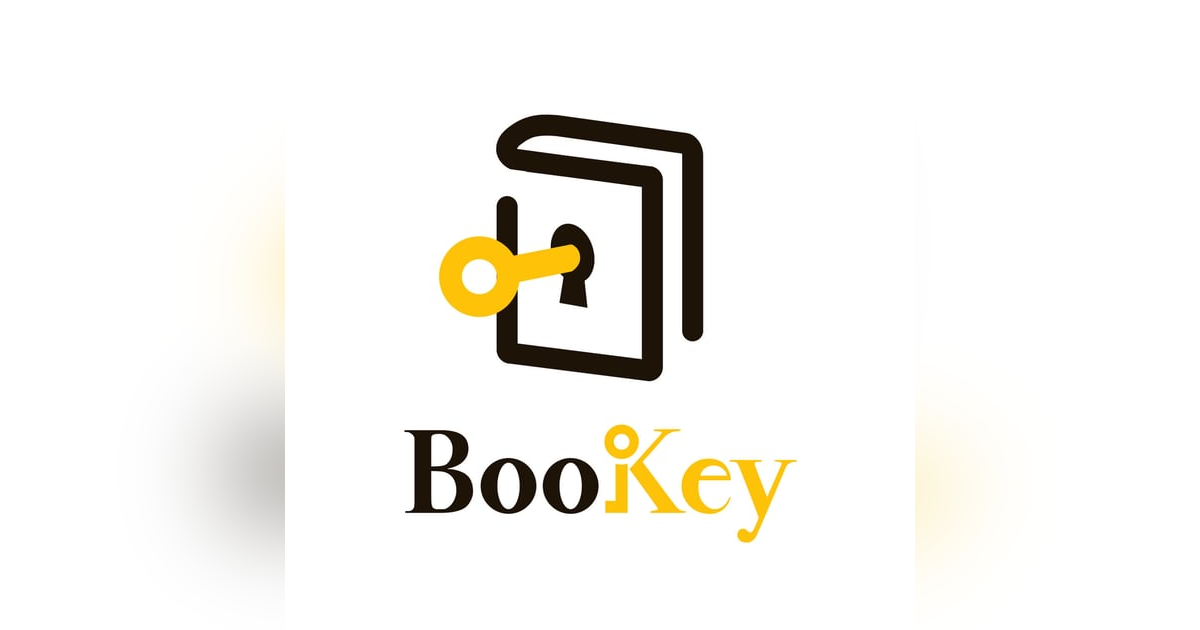Free Full Book Summary and Review
https://www.bookey.app/book/different
iPhone App Store:https://share.bookey.app/D19t6smsr7
Android Google Play:https://share.bookey.app/uAWKh12sr7
Bookey App:https://www.bookey.app
Many people have read book series published by Harvard Business School. They read such books because of the prestige they associate with the name ‘Harvard’ and feel as if they can gain much knowledge by reading them. The current book "Different: Escaping the Competitive Herd," as always, maintains the writing style used in Harvard academic research, while also using concise and clear language to uncover the secrets behind marketing competition.
This is just like when you go to the supermarket to buy dairy products. First of all, you have to determine the type of dairy product you want to buy. Also, you have to figure out whether or not you like their packaging and flavor. Then, you have to find the expiry date of the product. And most importantly, you have to determine whether the brand you have in mind is available or not. If the dairy product you like happens to be out of stock, you'll have to spend much more time looking for, and comparing, other brands. On the other hand, when you are shopping and see products that you are not familiar with, most probably, you will need more time examining these products. If the products look similar, and you are unable to discern their differences, then you may not even have the patience to choose one.
Nowadays, shopping behavior has now created a phenomenon. In the minds of consumers, a brand may represent more than a mere set of symbols. A brand’s advantage is to allow you to produce memories and influence your behavior. When shopping, you'll face a wide variety of brands and products, and what you remember is what you will choose to purchase next.
David Ogilvy, an expert on advertising, once said that it is not only the visible features of a product that affect consumer’s choices, but also the invisible ones. These features help support the emotional value of a brand. The emotional value of a product is an essential asset for enterprises to acquire when competing for business. However, it is also a long-term investment. Emotional value not only improves the reputation of a company, it can also benefit a company’s influence when accumulated to a certain degree.
To master the essence of “marketing", marketing knowledge alone is not enough; people also need to understand consumer psychology. So, if you want to know where frequent consumption and brand loyalty come from, you can perhaps find answers in this book.


